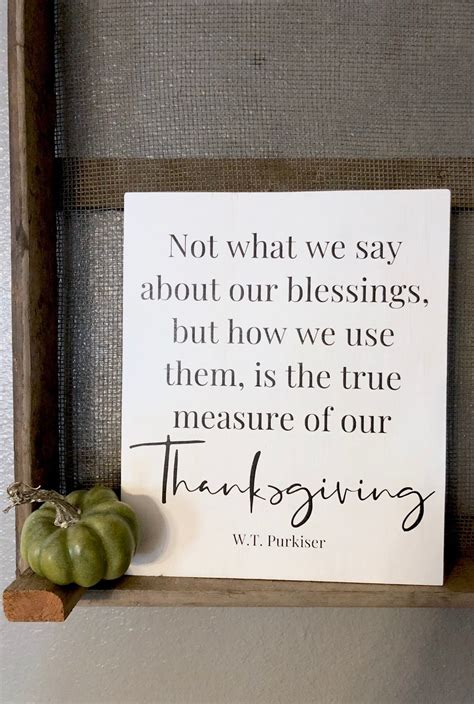A Quote by John Stott
Never use a gallon of words to express a spoonful of thought. Our unadorned word should be enough.
Related Quotes
I believe that should is one of the most damaging words in our language. Every time we use it, we are, in effect, saying that we are wrong, or we were wrong, or we're going to be wrong. I would like to take the word should out of our vocabulary forever and replace it with the word could. This word gives us a choice, and we're never wrong.
Never use a metaphor, simile, or other figure of speech which you are used to seeing in print. Never use a long word where a short one will do. If it is possible to cut a word out always cut it out. Never use the passive voice where you can use the active. Never use a foreign phrase a scientific word or a jargon word if you can think of an everyday English equivalent. Break any of these rules sooner than say anything outright barbarous.
We cannot control the way people interpret our ideas or thoughts, but we can control the words and tones we choose to convey them. Peace is built on understanding, and wars are built on misunderstandings. Never underestimate the power of a single word, and never recklessly throw around words. One wrong word, or misinterpreted word, can change the meaning of an entire sentence - and even start a war. And one right word, or one kind word, can grant you the heavens and open doors.
We stare into each other's eyes and softly kiss speaking and saying more with the movement of our lips and the tips of our fingers than words will allow us to say. Words can't say this. The one word love means too little for what it is. It means everything and that is still not enough. It doesn't communicate even a fraction of the feelings involved. Love. The word is not enough for what it is. Love. Love.
One of the major symptoms of the general crisis existent in our world today is our lack of sensitivity to words. We use words as tools. We forget that words are a repository of the spirit. The tragedy of our times is that the vessels of the spirit are broken. We cannot approach the spirit unless we repair the vessels. Reverence for words - an awareness of the wonder of words, of the mystery of words - is an essential prerequisite for prayer. By the word of God the world was created.
When we can't hold back, or set boundaries, on what comes from our lips, our words are in charge-not us. But we are still responsible for those words. Our words do not come from somewhere outside of us, as if we were a ventriloquist's dummy. They are the product of our hearts. Our saying, "I didn't mean that," is probably better translated, "I didn't want you to know I thought that about you." We need to take responsibility for our words. "But I tell you that men will have to give account on the day of judgment for every careless word they have spoken" (Matt. 12:36).
We depend on our words... Our task is to communicate experience and ideas to others. We must strive continually to extend the scope of our description, but in such a way that our messages do not thereby lose their objective or unambiguous character... We are suspended in language in such a way that we cannot say what is up and what is down. The word "reality" is also a word, a word which we must learn to use correctly.



































